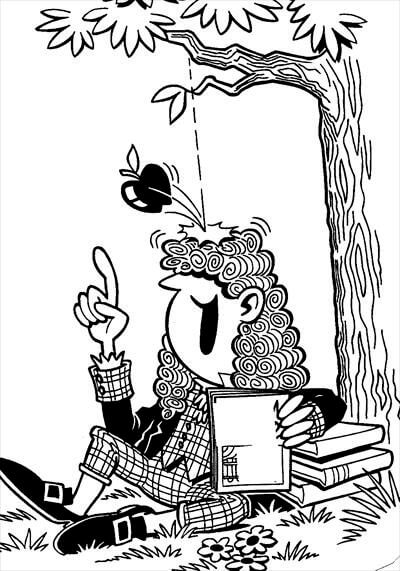One of the most beautiful intuitions about probability measures came from Rovelli’s book, that took it in turn from Bruno de Finetti.
What does a probability measure measure? Sure, the open sets of the ![]() -algebra that supports the measure space. But really, what? Thinking about it, it is very difficult to define probability without using the word probable or possible.
-algebra that supports the measure space. But really, what? Thinking about it, it is very difficult to define probability without using the word probable or possible.
Well, probability measures our ignorance about something.
When we make some claim with 90% probability, what we are really saying is that the knowledge we have allows us to make a prediction that is that much accurate. And the main point here is that different people may assign different probabilities to the very same claim! If you have ever seen weather forecasts for the same day disagree, you know what I am talking about. Different data or different models can generate different knowledge, and thus different probability figures.
But we do not have to go that far to find reasonable examples. Let’s consider a very simple one. Imagine you found yourself on a train, and in front of you is sitting a girl with clothes branded Patagonia. What would be the odds that the girl has been to Patagonia? Not more than average, you would guess, because Patagonia is just a brand that makes warm clothes, and can be purchased in several stores all around the world, probably even more than in Patagonia itself! So you would probably say that is surely no more than 50% likely.
But now imagine a kid in the same scenario. If they see a girl with Patagonia clothes, they would immediately think that she had been to Patagonia (with probability 100% this time), because they are lacking a good amount of important information that you instead hold. And so the figure associated with ![]() is pretty different depending on the observer, or rather on the knowledge (or lack of) they possess. In this sense probability is a measure of our ignorance.
is pretty different depending on the observer, or rather on the knowledge (or lack of) they possess. In this sense probability is a measure of our ignorance.
